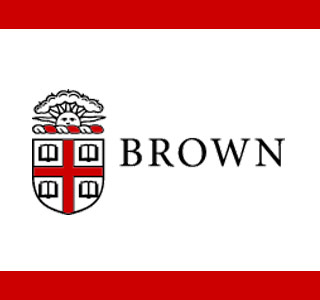
Epigenetic profiles which are the regulation of patterns of gene expression in cells of tumors appeared to have a direct link with diet, alcohol, and tumor size. This findings can possible help understand the environmental factors that enhance tumor development in a better way. Also the results may enable physicians to provide personalized recommendations and efficient treatment decisions to help avoid the disease.
Brock Christensen of the Center for Environmental Health and Technology (CEHT) at Brown University and lead author of the report enlightened, “We undertook this study to help illuminate how diet and environmental factors might contribute to differences observed among breast cancers.â€
The study conducted on 162 women were included in the Pathways Study. The investigators measured epigenetic profiles in stage I to IV breast tumors from the study subjects. A detailed investigation of an individual’s demographic, dietary information and breast cancer tumor characteristics was undertaken.
John Wiencke, professor of neurosurgery at the University of California, San Francisco and senior author of the paper added, “This study provides a new window for finding environmental links to breast disease. Our work indicates that we will soon have new ways to monitor and assess lifestyle and environmental factors for breast cancer.â€
The outcome was that tumor epigenetic signatures appeared to give a clearer picture of tumor staging and finally prediction of diagnosis. Independent links of alcohol consumption, folate intake (vitamin B9), and tumor size with epigenetic profiles of tumors were revealed.
The study is published in PloS Genetics.
